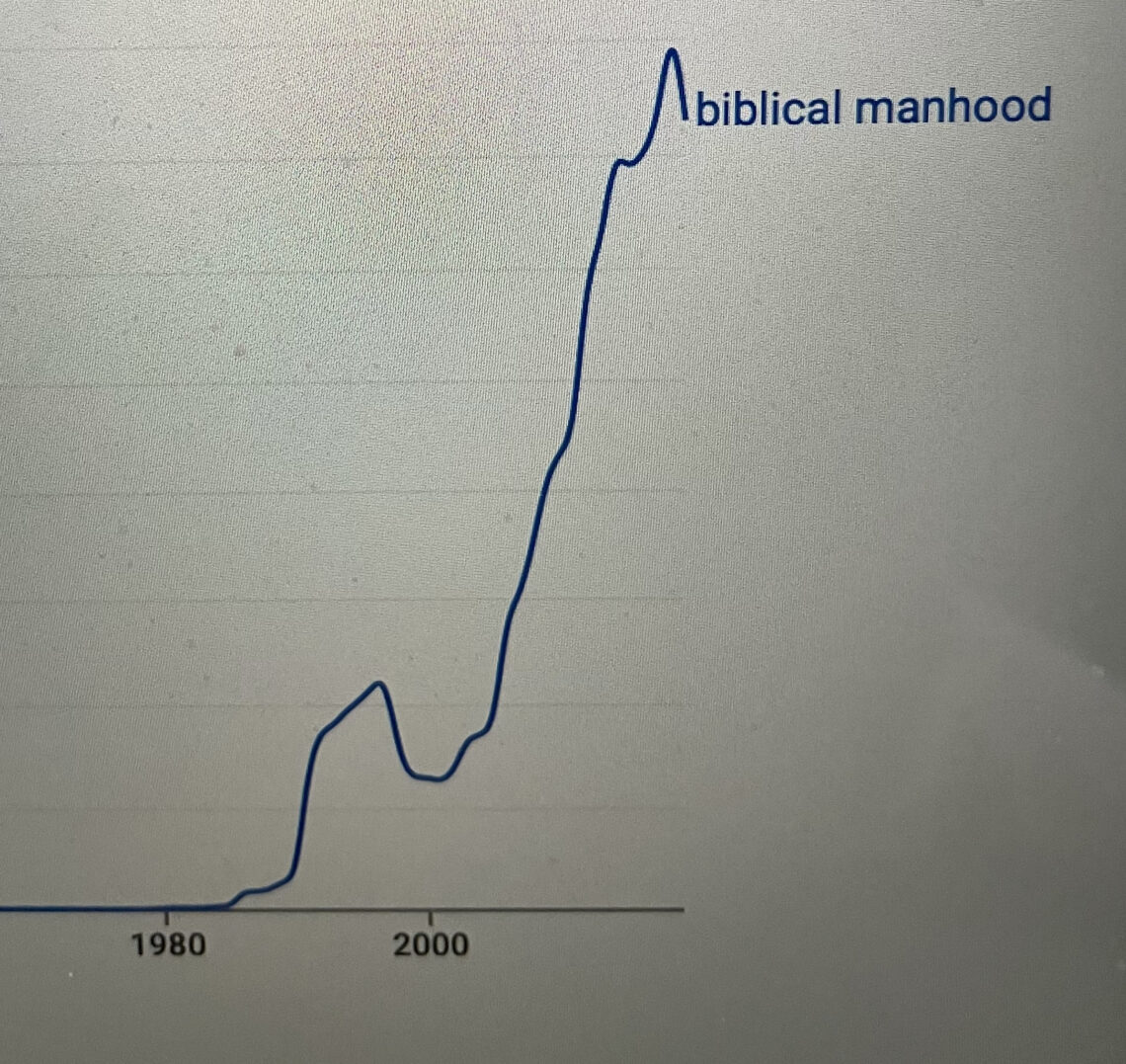
Gender and Jesus: Scripture over Stereotype
When I enrolled in a master’s degree program back in the 1990s, I took a required standardized psych test for entry. And soon after that, I received a call from one of the school’s counselors. He told me he needed to set up an appointment because I had scored “overly masculine” on that test. And of course that result raised a red flag. Fortunately for me, this counselor had once been my supervisor in a church staff job, so he knew me well enough to laugh at such a silly test result. But still, he was required to call me in for a chat.
After I settled in on his comfy couch, he informed me that the reg flag got generated because—I kid you not—I had indicated I preferred Sports Illustrated magazine to Good Housekeeping.
Later, that standardized test got revised to eliminate its gender bias. But ironically, my reason for preferring Sports Illustrated had nothing to do with my views of housework. Or sports. Rather, the writer in me loved the superb verbs required to keep repeating the same story—one team beat another. Team A defeated, conquered, vanquished, trounced, thwacked, thumped, routed, pummeled, slapped, smacked, cracked, cuffed, buffeted, mauled, pelted, hit, struck, battered, hammered, subdued, punched, crushed, knocked, thrashed, pounded, overpowered, overcame, overwhelmed, or overthrew Team B. And if you know anything about me as a writer, you know I love strong verbs.
Now then, that event happened thirty years ago, and it built on gender bias I had experienced twenty years earlier.
It was the year Title IX got passed. (Happy 50th Anniversary, Title IX!—which prohibits sex-based discrimination in any school or education program that receives funding from the federal government.) And adding a girls’ soccer team to high school sports became an easy way to comply with the new law. So a coach recruited my sister Mary and me to join the inaugural women’s varsity soccer team at Wakefield High School in Arlington, Virginia.
And guess what? Some who saw our team play got all the confirmation needed to support their bias: “Girls stink at sports.” Because we totally lacked skill compared with the guys’ soccer team. And people assumed our lack of skill was because: girls. When, really, our lack of ability was because: never played. (I think I can safely say these fifty years later, U.S. women’s soccer is a powerhouse. Because: experienced.)
Gender bias exists. And it can do some damage. So, when I see people teaching gender stereotype as “Bible,” I cringe. Because they are both mishandling Scripture and directing people’s attention away from what should be the focus: Christlikeness.
So how are we to think biblically about becoming Christlike, embodied as men and women? That’s a legit question.
In the 2021 update to Discovering Biblical Equality, Christa McKirland contributed an excellent chapter titled “Image of God and Divine Presence.” (You might remember her as the scholar who contributed the Huldah chapter to Vindicating the Vixens.) And in her work, McKirland lists what the biblical text does emphasize to situate the significance of maleness and femaleness. Her work is biblical. Clear. Concise. And rooted in history.
The publisher, IVP Academic, has graciously given permission for Fathom Magazine to run an excerpt from McKirland’s chapter. And I commend it to you. But I’ve included a summary of some of her points here:
- The goal of the creation account is not to tease out what it means to be male or female.
- All of humankind is invited into a royal priesthood, and maleness and femaleness are critical to the expansion of humankind in the created world.
- Thus, we see the goodness of maleness and femaleness in the creation accounts, but we do not have prescriptions on masculinity and femininity.
- Humanity’s special status as beings made in the image of God is directly related to the true image, Jesus Christ.
- All of humankind is meant to become like Jesus, a first-century Jewish male, who is also the perfect high priest and royal Son. And yet, each of us is called to this telos, by the Spirit, as the particularly embodied creatures that we are.
- Consequently, the Scriptures have little to say on what it means to be a man or what it means to be a woman. They are concerned with what it means to grow in Christlike maturity.
- However, we follow Jesus as embodied persons, and for this reason, our bodies matter.
- A rejection of gender essentialism does not entail a rejection of sex difference or a rejection of the importance of sexed embodiment.
As leaders, rather than directing people to figure out cultural ideals and how to conform to them, we must do the holy work of helping men and women—while life batters, hammers, subdues, punches, crushes, knocks, and thrashes them—to become like Christ in all his virtue.




